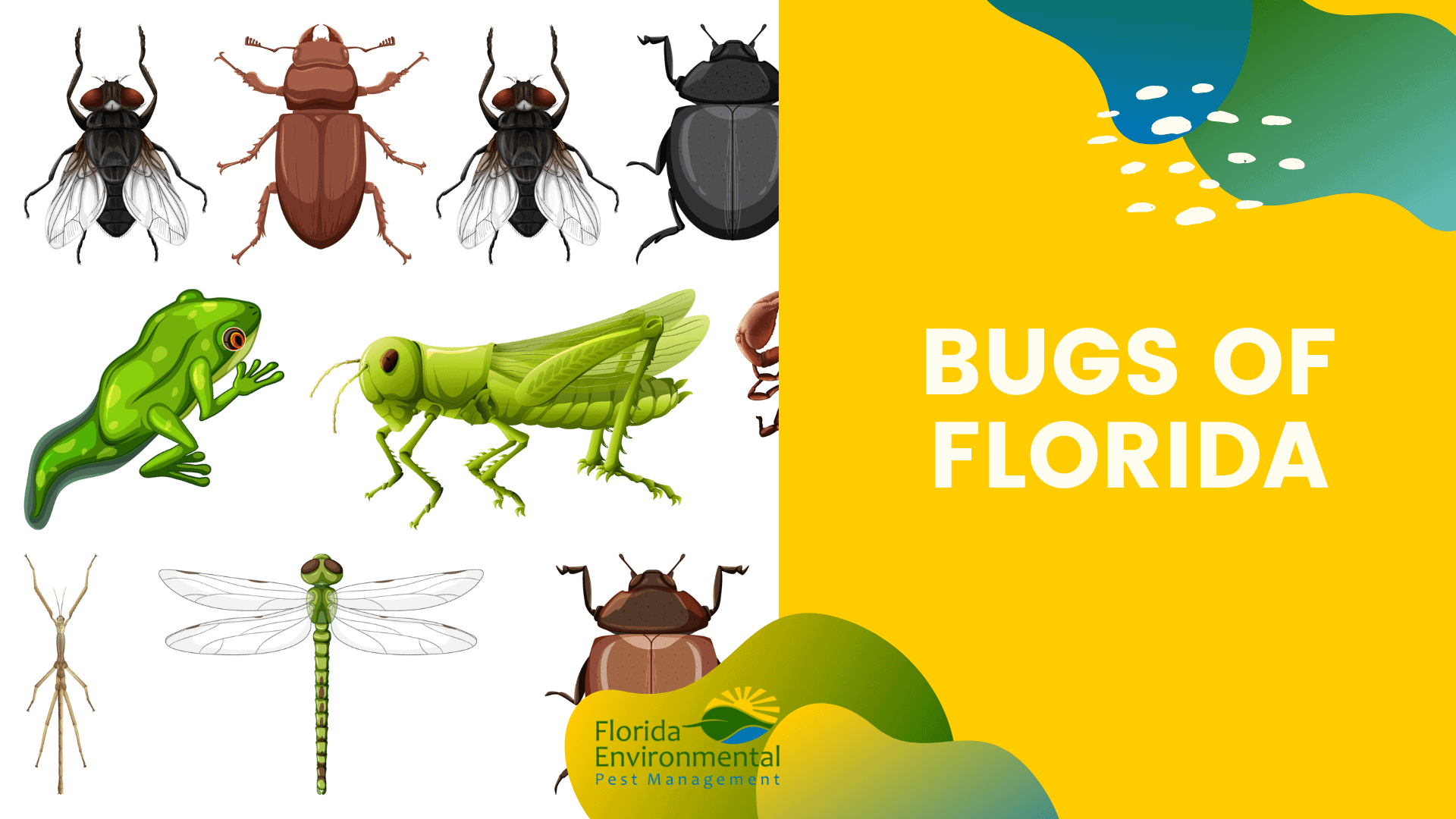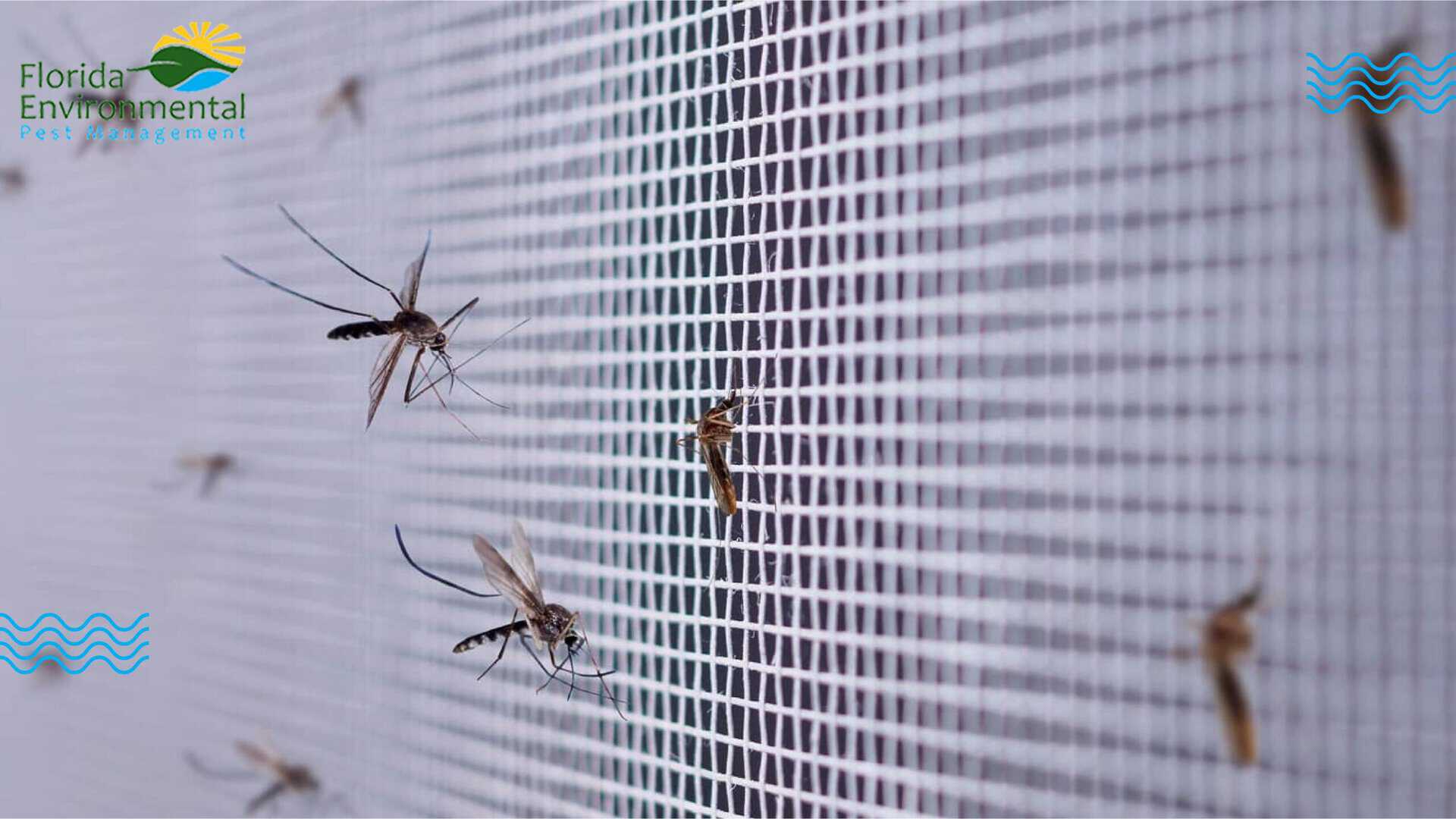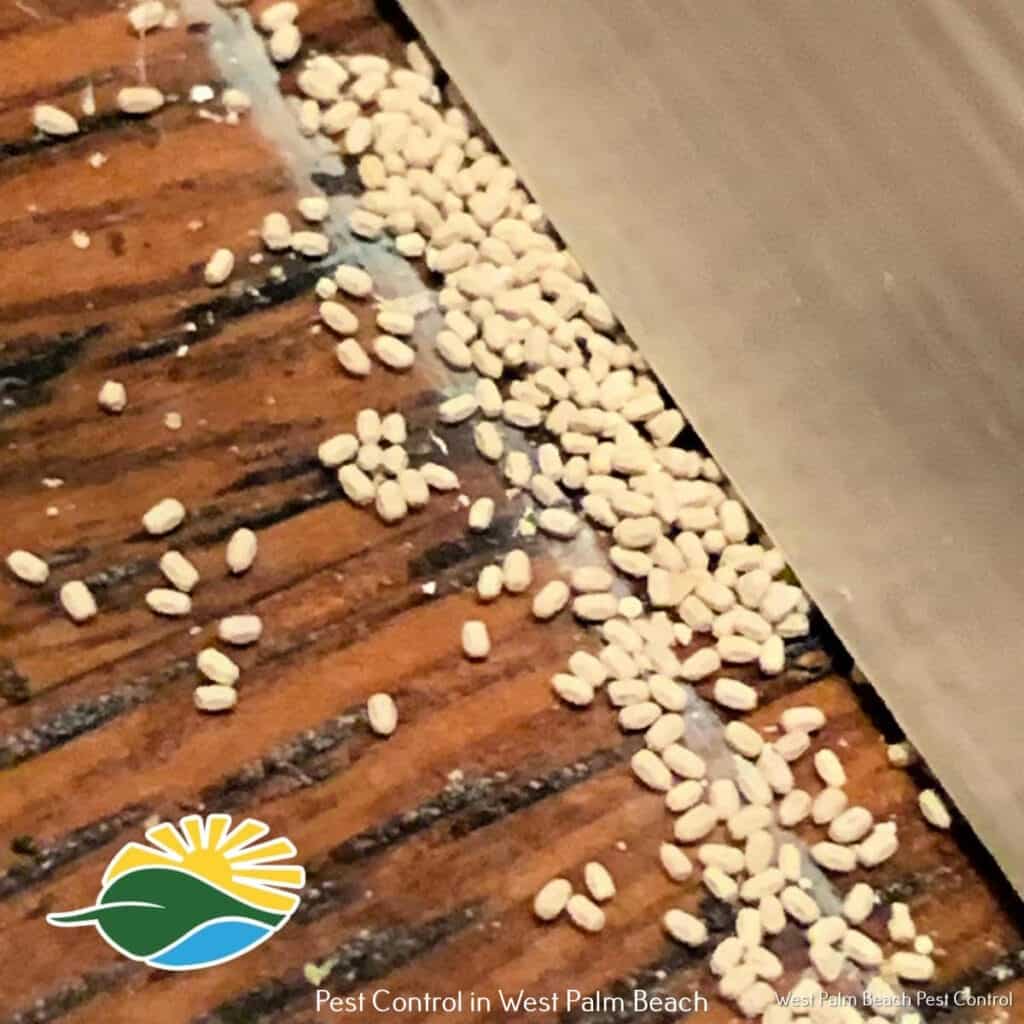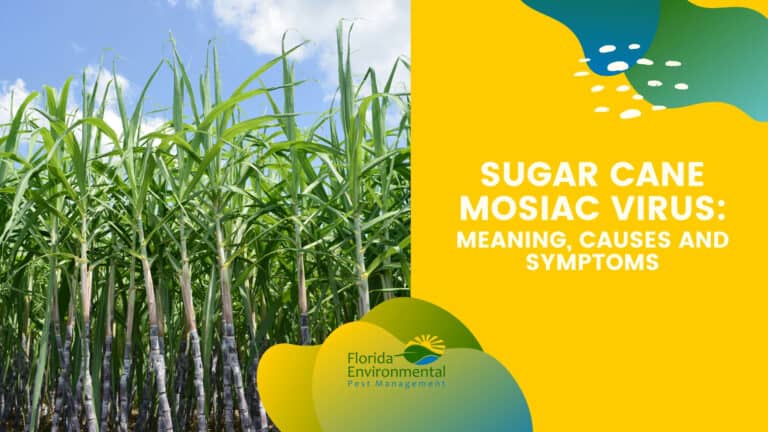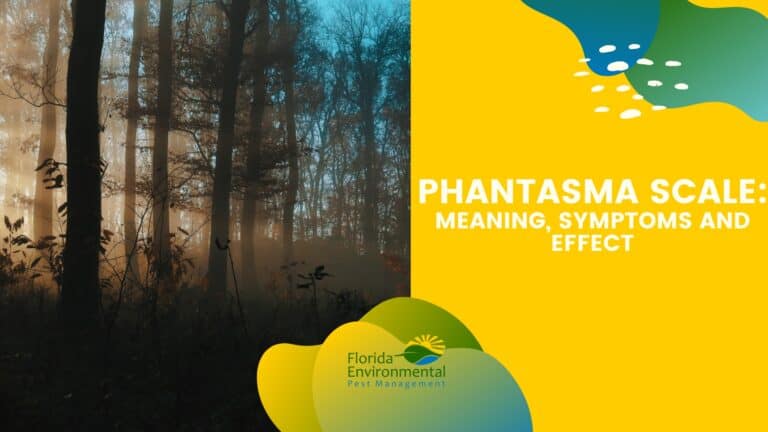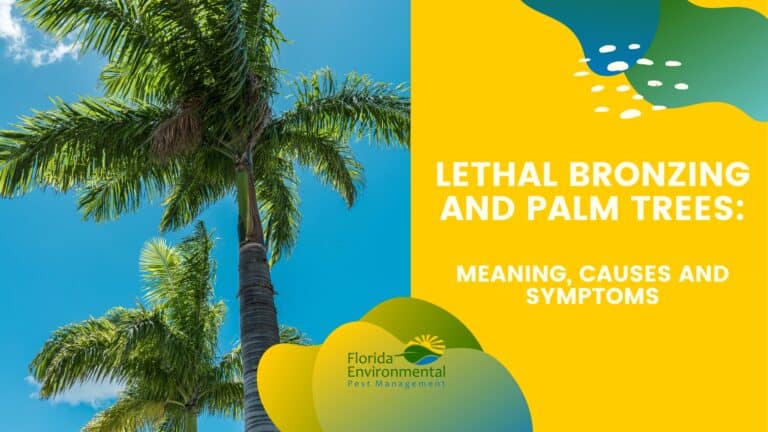Florida is a vibrant state with a lush, tropical ecosystem that is home to many types of insects, ranging from beautiful butterflies to spiders and fire ants. Whether you have just moved to The Sunshine State or have lived there for years, it’s a good idea to learn more about the insects that call Florida home. There are flying insects, biting insects, insects that spread disease, and some that are a nuisance to homeowners. There are insects native to Florida, such as the well-known black widow spider, and insects that migrate there from other countries including Mexico and the Caribbean.
Flying Insects In Florida
There are many kinds of flying insects in Florida – some are colorful and pleasant to look at, others, less so. There are also quite a few large flying bugs in Florida, such as the crane fly, which looks like a large mosquito but doesn’t bite. Giant swallowtail butterflies are the largest butterflies in North America and are a welcome sight in many Florida parks and gardens. Here is a list of flying bugs both large and small that people often encounter:
- Dragonflies
- Grasshoppers
- Moths
- Ladybugs
- Drain flies
- Sweat Bees
- Honey Bees
- Common house flies
- Lovebugs
- Crane flies
- Midges
- Gnats
- Emerald ash borer beetles
- Fruit flies
- Cicadas
- Japanese beetles
- Giant swallowtail butterflies
Worst Biters In The South
Florida is also home to some of the worst biting insects in the South. Because of the humid climate, many biting and stinging insects are active year-round, which means you’ll want to be able to identify these bugs in order to minimize any threat associated with them. Black widow spiders, for example, are native to South Florida and are considered the most venomous spider in the United States. Here are some other common Florida bugs that bite:
- Red fire ants
- Biting midges
- Mosquitos
- Carpenter ants
- Yellow flies
- Black widow spider
- Brown recluse spider
- Wolf spider
- Florida mud dauber
- Chiggers
- Southern yellow jackets
- Hornets
Those That Destroy Homes
Some pests, such as carpenter bees and termites, can cause considerable damage to your home. Termites are insidious pests that eat the cellulose in wood, which causes structural damage. Although carpenter bees don’t eat wood, they drill holes in wood to create nests, which can also create mild to severe damage to windowsills, beams, and any other kind of exposed wood on the interior or exterior of your home. Here is a list of other bugs that can wreak havoc on your home by destroying wooden structures:
- Carpenter bees
- Carpenter ants
- Termites
- Powderpost beetles
- Old house borer beetles
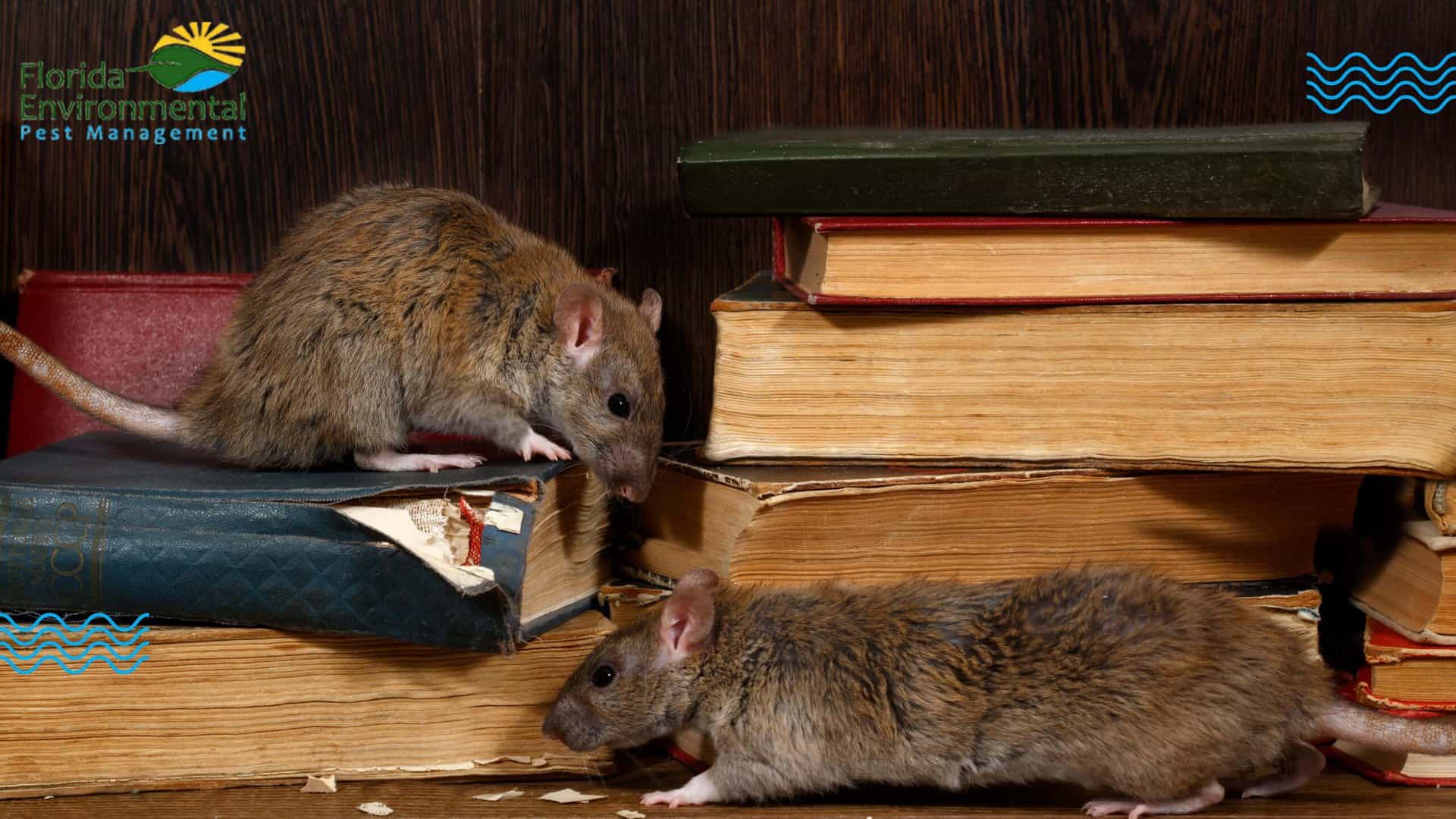
The Spreaders Of Disease
Many common pests in Florida are even more bothersome because they spread bacteria and disease. There are, for example, many types of cockroaches in Florida, which are known spreaders of E.coli and other bacteria. Other common bugs, such as mosquitos and ticks can transmit serious diseases, including malaria and Lyme disease, making them a primary pest control concern for many people who live in Florida. Here is a list of common Florida insects that spread disease:
- Bed bugs
- Cockroaches
- Mosquitos
- Ticks
- Kissing bugs
- Fleas
How We Can Help You
At Florida Environmental, we are pest control professionals with years of experience in West Palm Beach and Stuart. We can assist with Florida insect identification to determine if the bugs in or around your home pose a threat to you or your property. While some bugs are just a nuisance, other bugs can damage your property or even pose a threat to your wellbeing. Pest control often requires the expert application of insecticides and the use of specialized equipment, so we don’t recommend DIY methods if you want to be pest-free while also saving time and money. If you have a pest problem or are noticing lots of insect activity on your property, contact us today.
Sources:
https://www.floridahealth.gov/diseases-and-conditions/lyme-disease/index.html
https://www.floridahealth.gov/diseases-and-conditions/mosquito-borne-diseases/
https://www.visitflorida.org/resources/crisis-preparation/stingingbiting-insect-information/
https://wanderwisdom.com/travel-destinations/Florida-Bugs-That-Bite
https://edis.ifas.ufl.edu/publication/IN035

